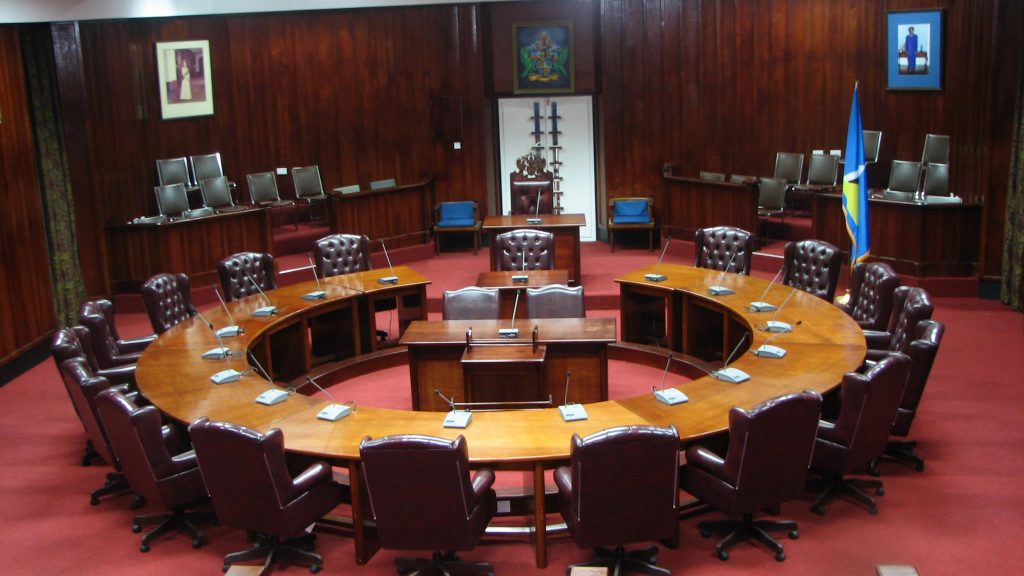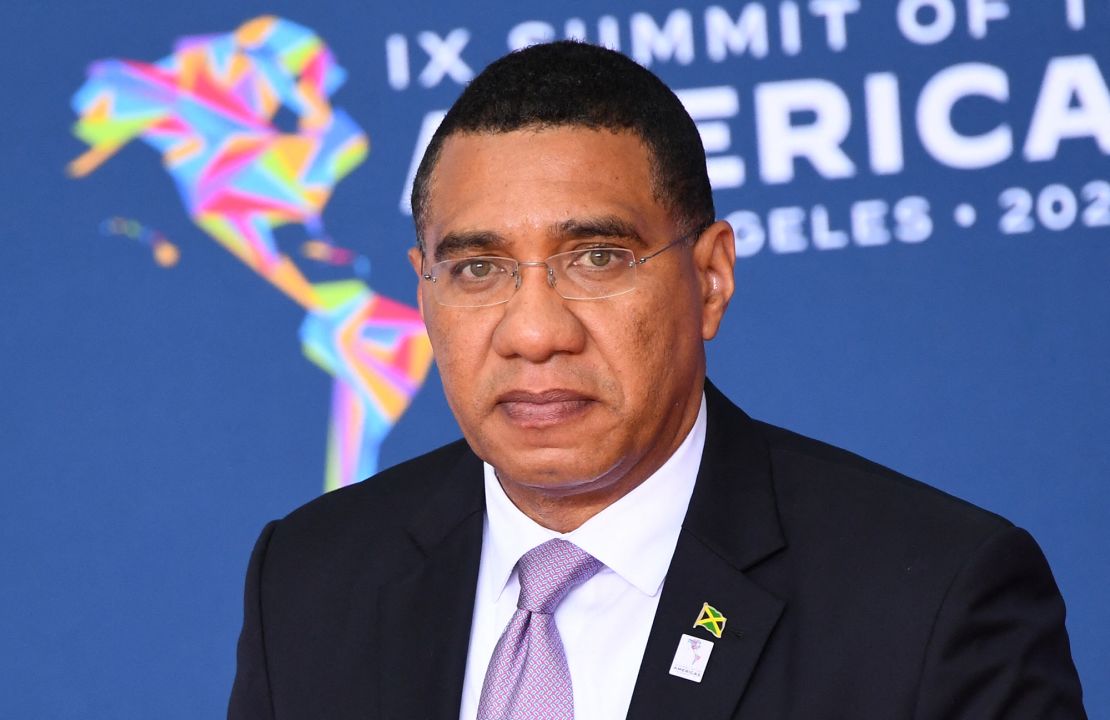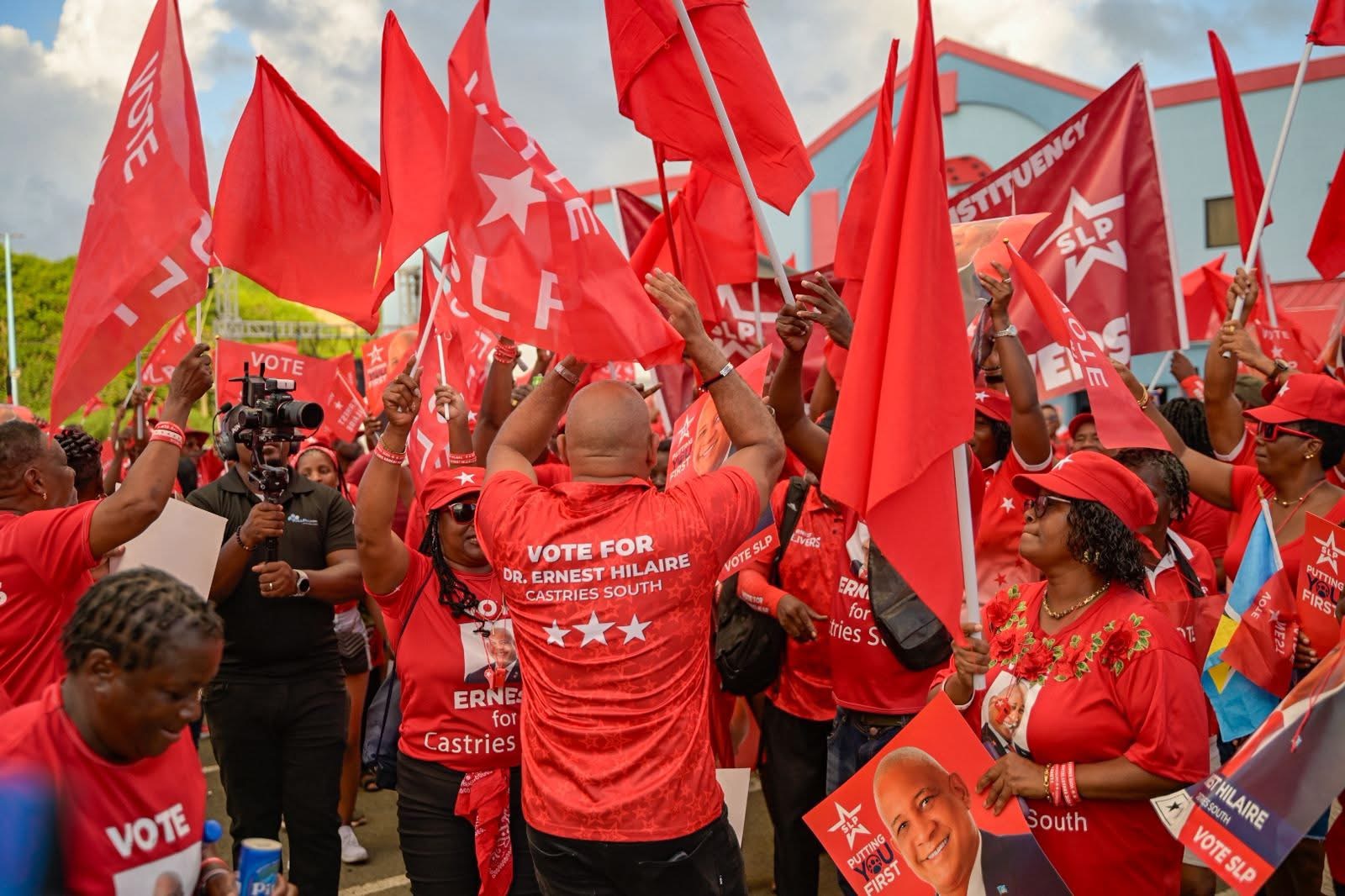In a move to honor the democratic process and national leadership, the government has announced an early dismissal for all public sector employees at noon on Friday, December 5, 2025. This special half-day holiday coincides with the official swearing-in ceremony of Prime Minister Philip J. Pierre, who is poised to begin his second term in office.
The Prime Minister’s Office formally disclosed this arrangement, characterizing it as a symbolic gesture that highlights the historical importance of the occasion. The early closure is designed to enable civil servants to either witness or actively participate in the national event, thereby fostering a sense of collective engagement and civic pride.
While non-essential government operations will pause, the administration has confirmed that all essential services will continue without interruption. Individual ministries and departments have been instructed to implement appropriate staffing plans to maintain critical public services throughout the afternoon.
Furthermore, the government has extended a recommendation to private sector employers, encouraging them to similarly release their staff early where operationally feasible. This appeal aims to maximize public involvement in what is being promoted as a unifying national moment.
In an official communication, the government expressed profound appreciation for the dedication of public officers and extended an invitation to all citizens to partake in this celebration of democratic continuity and national unity.









